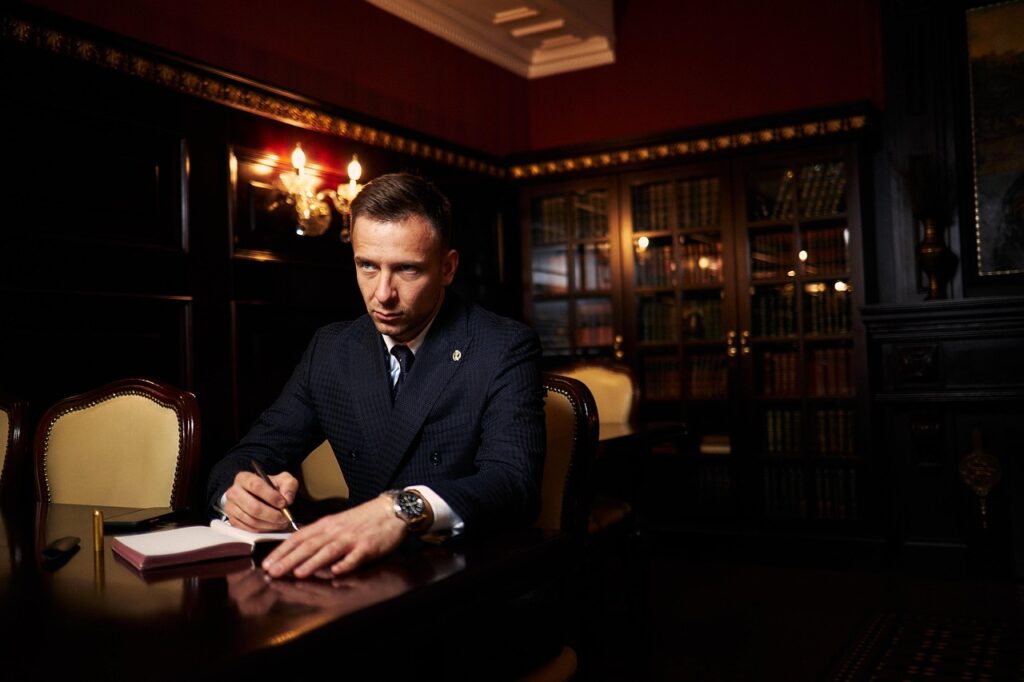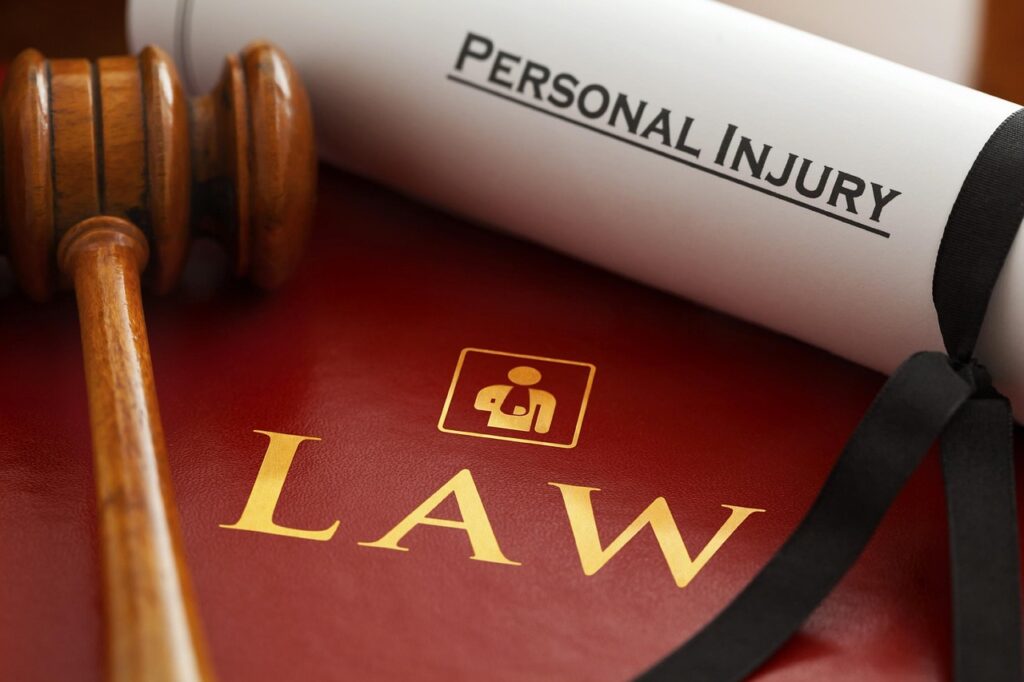Now Reading: Alliance Defending Freedom Secures Victory in Decades-Long “Masterpiece Cakeshop” Cases
-
01
Alliance Defending Freedom Secures Victory in Decades-Long “Masterpiece Cakeshop” Cases

Alliance Defending Freedom Secures Victory in Decades-Long “Masterpiece Cakeshop” Cases
The Colorado Supreme Court has dismissed a lawsuit against Jack Phillips, the owner of Masterpiece Cakeshop, defended by Alliance Defending Freedom. This ends the latest chapter in a legal saga that has spanned over a decade.
Phillips has faced multiple legal challenges over his refusal to create custom cakes, which he believes conflict with his religious views.
The case’s history includes a 2018 U.S. Supreme Court victory for Phillips, where the court found that Colorado officials had shown hostility toward his faith. The latest lawsuit was filed after Phillips declined requests to create cakes celebrating a gender transition and depicting Satan smoking marijuana, which he felt violated his core beliefs.
What is Alliance Defending Freedom?
Alliance Defending Freedom (ADF) is an alliance-building, non-profit legal organization committed to protecting religious freedom, free speech, parental rights, marriage and family, and the sanctity of life.
Alliance Defending Freedom Church & Ministry Alliance, concentrates its efforts on addressing the unique legal challenges faced by churches, ministries, and other religious entities. By providing targeted support, ADF Church and Ministry Alliance aims to protect these organizations’ rights to operate in accordance with their religious principles and values.
In Masterpiece Cakeshop v. Scardina, Alliance Defending Freedom presented three main arguments to the Colorado Court of Appeals for why the lower court’s decision should be reversed.
First, Alliance Defending Freedom attorneys contended that Autumn Scardina’s claim was procedurally flawed. According to the appeal filed with the Supreme Court, “Scardina filed a discrimination charge with the Civil Rights Division but never requested or received a right-to-sue letter.” The case was dismissed by the Commission, and ADF argued that Scardina should have appealed this dismissal before filing a new lawsuit in district court.
Secondly, Alliance Defending Freedom maintained that Phillips did not actually violate the Colorado Anti-Discrimination Act (CADA). ADF attorneys argued that Phillips serves all customers but reserves the right to decline creating messages that conflict with his beliefs. As stated in the brief, “Phillips does not violate CADA when he serves all people but declines to express for anyone messages he does not believe.”
Finally, Alliance Defending Freedom attorneys asserted that the Constitution protects Phillips’ decision. They argued that forcing Phillips to create a cake celebrating a gender transition would violate his rights to free speech and religious exercise. ” CADA violates free speech because it punishes Phillips for declining to express a message. And it violates free exercise by discriminating against Phillips and his faith—allowing secular cake artists to decline to express messages that offend their beliefs but not religious speakers like Phillips,” the brief stated.
While the Colorado Supreme Court’s decision does not directly address Phillips’ free speech rights, his supporters view it as a step towards ending what they describe as ongoing harassment.
In a statement on Alliance Defending Freedom Media, ADF Senior Counsel Jake Warner said, “Enough is enough. Jack has been dragged through courts for over a decade. It’s time to leave him alone.”
“Free speech is for everyone. As the U.S. Supreme Court held in 303 Creative, the government cannot force artists to express messages they don’t believe. In this case, an attorney demanded that Jack create a custom cake that would celebrate and symbolize a transition from male to female. Because that cake admittedly expresses a message, and because Jack cannot express that message for anyone, the government cannot punish Jack for declining to express it. The First Amendment protects that decision,” Warner added.
While the Colorado Supreme Court’s decision focused on procedural grounds, these arguments from Alliance Defending Freedom highlight the broader constitutional issues at stake in the case.
The court’s ruling effectively ends the current legal action against Phillips without settling the underlying free speech and religious liberty questions.










